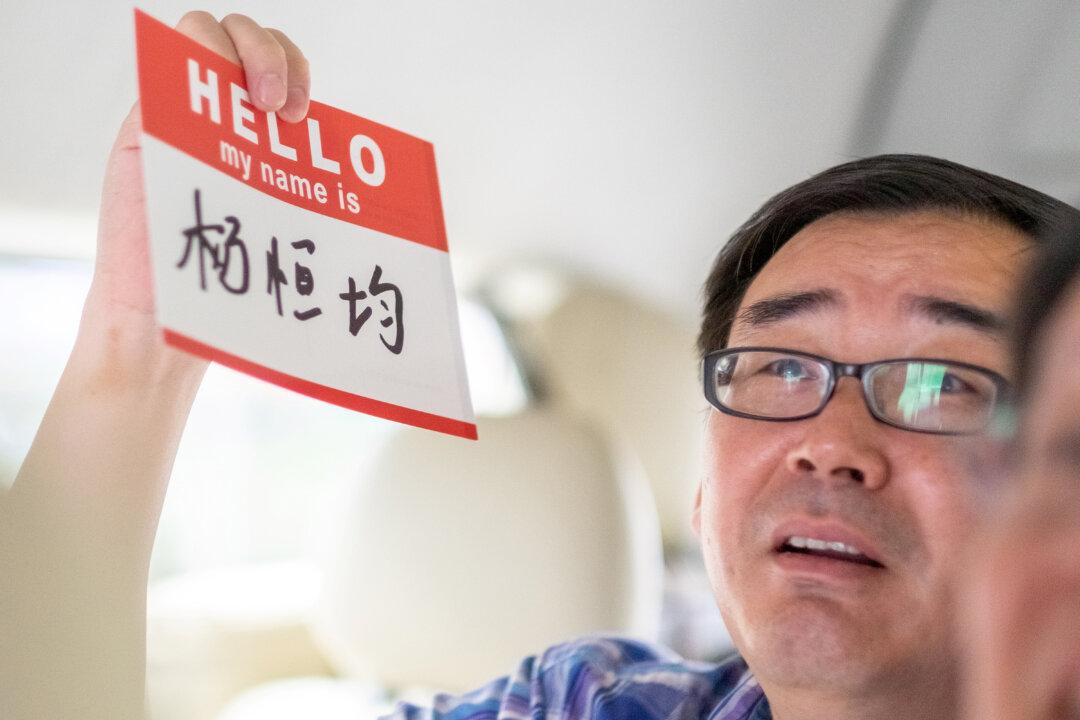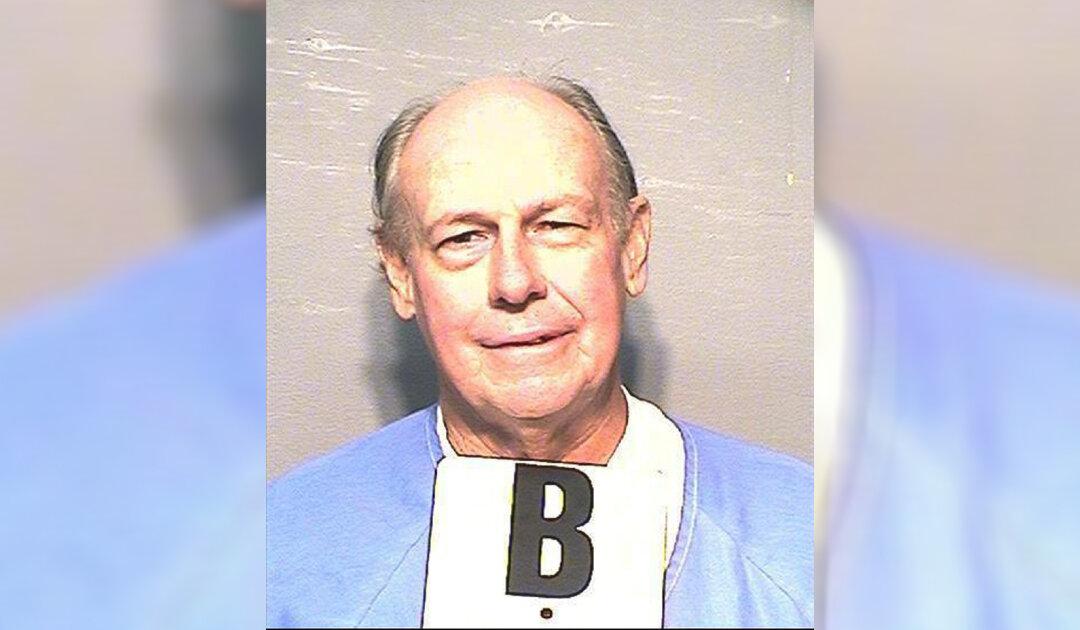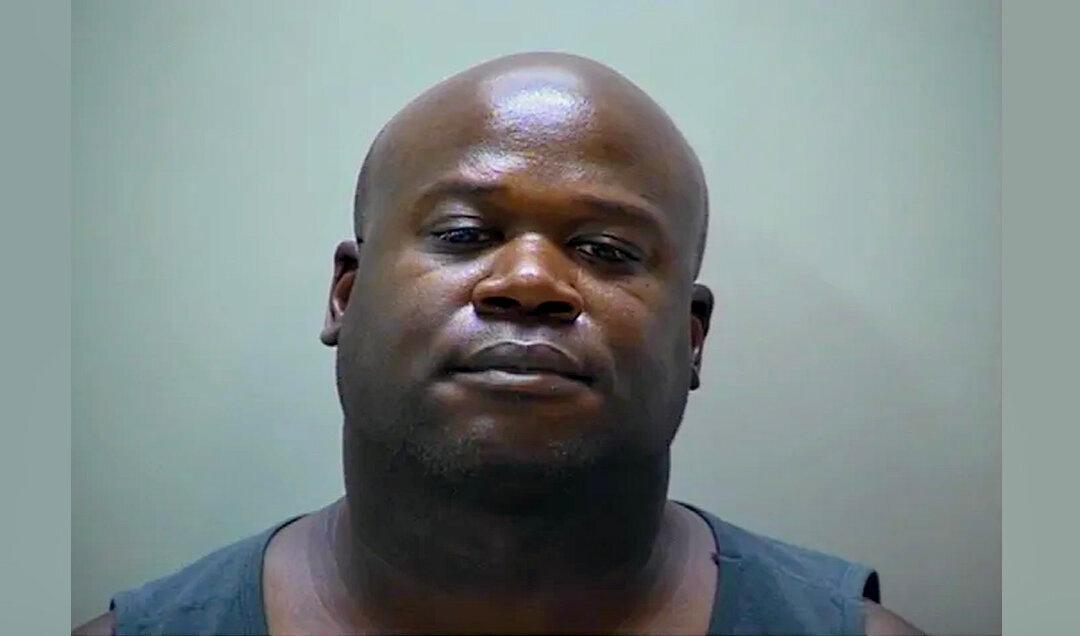A Chinese-Australian novelist and Australian citizen detained in China for “endangering state security” says he is being tortured by the communist regime.
The Australian Consulate has regularly visited Yang since the federal government protested against the Chinese Communist Party’s (CCP’s) initial refusal to allow consular access to him. A former Chinese diplomat, Yang is known for his writings promoting issues that the regime considers to be sensitive like the democratisation of China, as well as freedom, human rights, and the rule of law and justice.
Feng said that Yang was being interrogated for several hours each day and is under constant surveillance.
“The torture has taken its toll and the confinement in a room without exposure to sunshine is taking its toll,” Feng said.
Feng also said that Yang was losing weight, limping, and feeling dizzy.
“[Yang] has become weaker when walking.”
Feng said that a doctor has administered an unknown drug for Yang’s blood pressure condition.
“Maintain belief in China’s democratic future and, when it doesn’t put yourself or your family at risk, to use all your means to push China’s democratic development to happen sooner,” Yang said in the letter that was released online on Jan. 28, just days after he was detained at Guangzhou airport.
The letter’s release sparked fears among some Chinese dissidents and critics of the CCP that Yang may actually be a spy working for the regime, especially because after Yang was released in 2011, he told those who were concerned about him that he had not been detained and his mobile phone was just turned off.
Yang defends his decision not to speak about his detention because he would not be able to return to China and keep writing about democratisation using his own money. He called any allegation he was a spy as “lies and fabrications” and he asked his supporters not to believe them.
Feng believes the CCP is trying to ask Yang to sign a written confession that can be used in a lawsuit against him.
“They will usually prepare a long confession for a suspect to sign for a later indictment. If they don’t get the confession, they will keep going with the interrogation,” Feng said.
Yang’s wife, Yuan Xiaoliang, is in Shanghai and is urging the Australian government to do more to help free her husband.
However, the Australian Department of Foreign Affairs and Trade (DFAT) does not appear to be demanding that the federal government publicly request Yang’s immediate release.
Government sources told News Limited that since the secretive Chinese Ministry of State Security is involved, DFAT feels it would be better to keep the discussions behind closed doors.
Feng believes this is a false view as public pressure is more likely to ensure Yang’s speedy release.
“The Australian government must make a strong statement to protect its citizens against torture and (against) the political persecution of an innocent Australian citizen and demand his immediate release,” he said.
The Ministry of State Security rejected Yang’s second bail application on April 16, including a request for the accused to serve out his time at home, according to News Limited.
Lawyer Mo Shaoping, who is known for handling sensitive cases, has been chosen by Yang’s family members to work oh his case, but Mo has yet to be allowed to meet Yang in-person.





